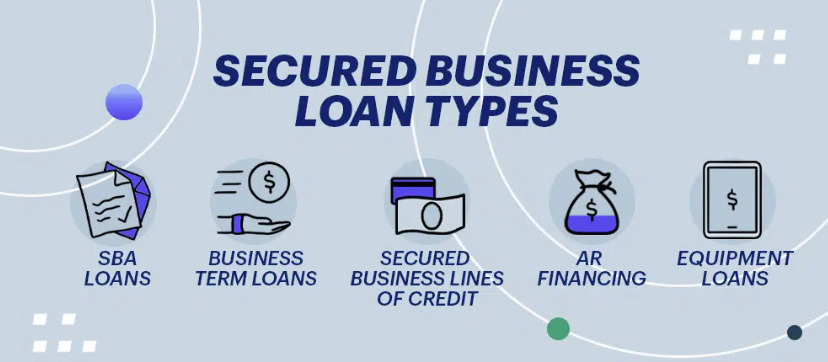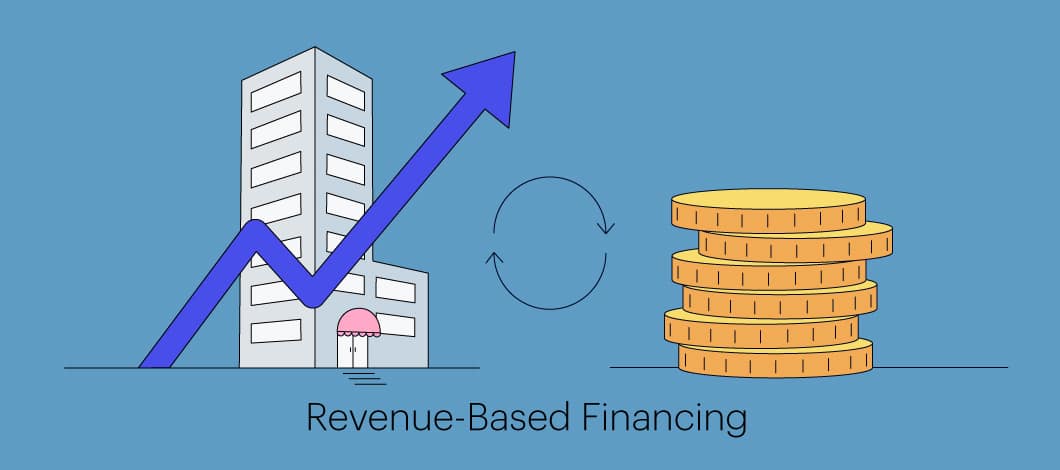Small-business lending has always been a crucial aspect of economic growth, providing entrepreneurs with the necessary financial support to pursue their dreams. However, traditional lending processes have often posed significant challenges for small-business owners, leading to restricted access to capital and hindered growth opportunities. Fortunately, the landscape of small-business lending is on the cusp of a transformative change, as innovative fintech solutions and advancements in technology promise simpler requirements and improved accessibility.
Challenges with Traditional Small-Business Lending
The conventional approach to small-business lending has been associated with several pain points for both borrowers and lenders. Small-business owners have encountered a lengthy and cumbersome application process, involving extensive documentation and approval procedures that often delay funding. Additionally, the strict eligibility criteria set by traditional financial institutions have made it challenging for many businesses, especially startups or those with less established credit histories, to qualify for loans.
Moreover, certain industries or demographics have faced barriers in accessing loans due to traditional lenders’ conservative risk assessment approaches. High-interest rates have further burdened borrowers, impacting their ability to repay loans and stunting business growth.
The Changing Landscape of Small-Business Lending
The dawn of fintech has sparked a revolution in the financial industry, and small-business lending is no exception. New lending platforms have emerged, embracing cutting-edge technology to make borrowing easier, quicker, and more accessible. The integration of big data and artificial intelligence (AI) in lending decisions has facilitated a more comprehensive evaluation of a business’s creditworthiness, allowing lenders to consider a broader range of factors beyond traditional credit scores.
Simpler Requirements for Small-Business Loans
One of the most promising developments in small-business lending is the shift towards simpler and more flexible requirements. Fintech solutions have streamlined the application process, leveraging digital technologies to collect and analyze data rapidly. This automation has significantly reduced the time it takes for borrowers to receive funding decisions, making the lending process more efficient and borrower-friendly.
Moreover, the emphasis on data-driven lending has led to the adoption of more flexible eligibility criteria. Businesses with limited credit histories or unique financial situations now have a better chance of qualifying for loans. This inclusivity has opened up access to capital for a broader range of businesses, promoting diversity and fostering economic growth.
Advantages of the Changing Lending System
The transformation of small-business lending offers numerous advantages that positively impact both borrowers and lenders. With quicker funding decisions and streamlined processes, businesses can seize growth opportunities promptly. They can invest in expansion, inventory, or new hires with confidence, knowing that the funding they need is readily available.
Customized loan options have also become prevalent, allowing businesses to choose lending terms that align with their financial goals and capabilities. This flexibility empowers borrowers to make informed decisions that suit their unique circumstances, further contributing to their long-term success.
Impact on Small Businesses
The changing landscape of small-business lending is not just about numbers and algorithms; it is about fostering business success and addressing financial challenges. With simpler and more accessible lending options, small businesses can thrive in competitive markets, gaining a competitive edge.
Fueled by increased access to capital, these businesses can innovate, pivot, and adapt to changing market demands swiftly. This agility ensures they remain relevant and resilient, even in uncertain economic climates.
The Role of Technology in Small-Business Lending
Technology plays a pivotal role in reshaping small-business lending. Online loan applications have become the norm, eliminating the need for physical paperwork and allowing borrowers to apply for loans from the comfort of their homes or offices. Digital verification processes have expedited the validation of borrower information, reducing the chances of errors or delays.
Data-driven lending decisions have proven to be more accurate, enabling lenders to make informed choices based on a comprehensive analysis of a business’s financial health and potential. This data-centric approach reduces human bias and ensures fair and equitable loan evaluations.
The Human Aspect of Lending
While technology has revolutionized small-business lending, the human touch remains essential. Fintech solutions have not replaced personalized customer support but have enhanced it. Borrowers can now interact with knowledgeable customer service representatives, who guide them through the loan application process and address their queries promptly.
Building trust and relationships with borrowers are crucial aspects of modern lending practices. By maintaining an empathetic and understanding approach, lenders can forge long-lasting partnerships with businesses, fostering loyalty and repeat business.
Risks and Considerations
Despite the many advantages of the changing lending landscape, it is essential to recognize and address potential risks. Data security and privacy concerns are paramount, given the sensitive financial information involved. Lenders must prioritize data protection measures to safeguard borrowers’ information from cyber threats.
Additionally, responsible lending practices must be a priority. Lenders should assess borrowers’ ability to repay loans responsibly, ensuring that lending decisions align with borrowers’ financial capacity. Overextending credit to borrowers could lead to default and financial instability.
Regulations and Compliance
As the landscape of small-business lending evolves, regulators play a vital role in ensuring fair and ethical lending practices. Governments around the world are increasingly recognizing the importance of supporting small businesses through appropriate regulatory frameworks.
Regulations need to strike a balance, fostering innovation and competition in the lending space while safeguarding borrowers from predatory practices. Collaborative efforts between the private sector and policymakers can create an environment conducive to sustainable growth.







